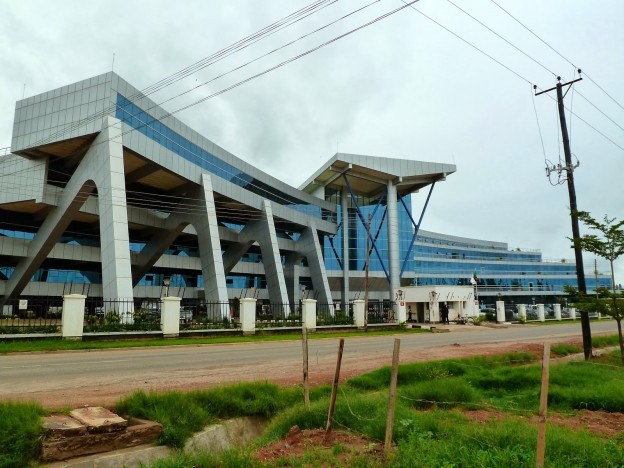• ERB’s decision to reduce electricity tariffs by 40 ngwee for medium consumers is unprecedented.
• The small electricity price increase by 10 ngwee per unit for those who use between 100 units and 300 units is equally welcome.
• Those who use a lot of electricity should find means and ways of reducing their dependence on Zesco.
An Energy Expert has urged consumers who use a lot of electricity to find means and ways of reducing their dependence on Zesco.
Speaking to Money FM News, Dr. Johnstone Chikwanda said this is because the pattern in the Energy Regulation Board (ERB)’s decision to uphold the life line at 100 units for vulnerable households, places more responsibilities on customers who use a lot of electricity than those who use less power.
Dr. Chikwanda noted that the overall small electricity price increase by 10 ngwee per unit for those who use between 100 and 300 units is aimed at making the energy sector more attractive in order to accelerate investor pledge actualization and fair return on investments.
“Furthermore, the small electricity price increase by 10 ngwee per unit for those who use between 100 units and 300 units is equally welcome in that 10 ngwee is relatively affordable given that there has been no increase for 4 years. This is fair consideration for the low and medium class customers. In the same vein, I wish to welcome electricity price reductions for commercial customers who use less electricity, Dr. Chikwanda stated.
He added that ERB’s decision to reduce electricity tariffs by 40 ngwee for medium consumers while placing a burden on big consumers is unprecedented.
“The decision which has been made by the Energy Regulation Board (ERB) to uphold the life line at 100 units for the vulnerable segment of our society while at the same time reducing the electricity price by 40 ngwee per unit for customers who use between 300 units and 500 units is a welcome and unprecedented development given that the last electricity price increase was 113% in 2019.”
“I commend all the stakeholders who participated in the lengthy and cumbersome process of electricity price revision which started 3 months ago,” he said.
On Friday 21st April, 2023, Energy Regulation Board (ERB) upheld the lifeline at 100 units for the vulnerable segment of society and reduced the electricity price by 40 ngwee per unit for customers who use between 300 units and 500 units, effective 1st May, 2023.
ERB rejected Zesco’s proposal to reduce the lifeline units from 100kWh to 75kWh for residential customers on grounds that this will be detrimental to the low income households that are currently struggling with the increasing cost of living.
“The Board directs Zesco to maintain the current lifeline units at 100kWh at a reduced tariff, from 47 ngwee/kWh to 40ngwee/kWh. This is consistent with the Government’s aspirations to make electricity accessible to all Zambians.”
Board Chairperson Reynolds Bowa said ERB provided four categories of energy consumption in customers class with the first being low income households that consume 100 units or less per month.
“Under this category, the approved tariffs are lower than the current tariffs and would provide relief to this customer category. The second category covers customers who consume up to 300 units monthly. The third category is for consumers who consume up to 500 units monthly. The fourth category is for customers who consume more than 500 units per month and are considered to be significant consumers that have the capacity to pay for the power consumed at the cost reflective tariffs,” Engineer Bowa explained.
The Board also approved the introduction of Water Pumping Tariffs to be applicable to water pumping facilities operated by licensed water utility companies.







